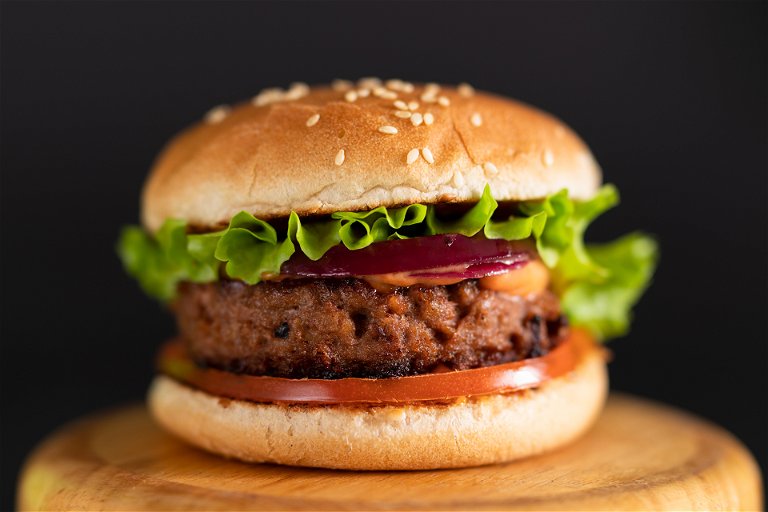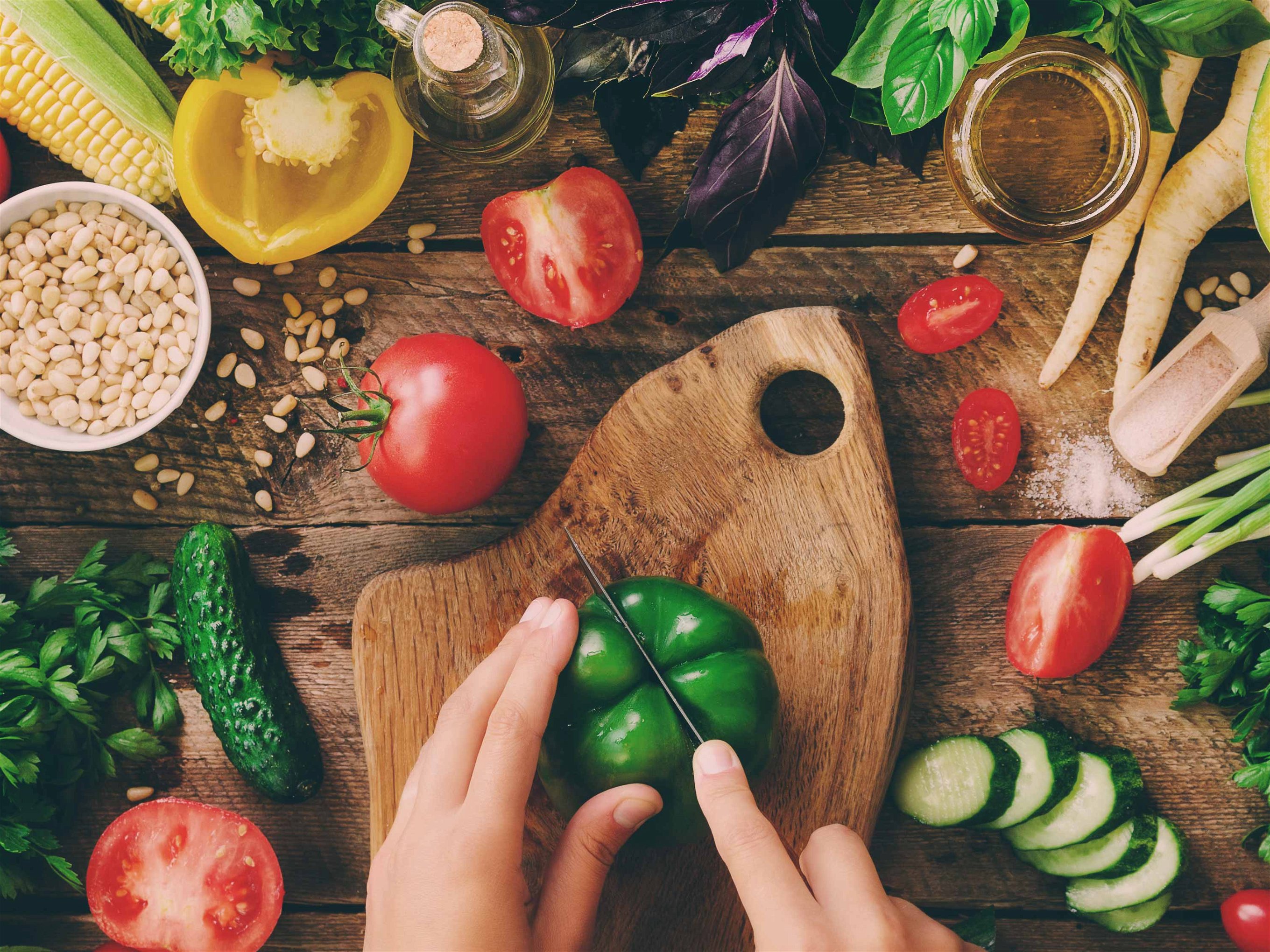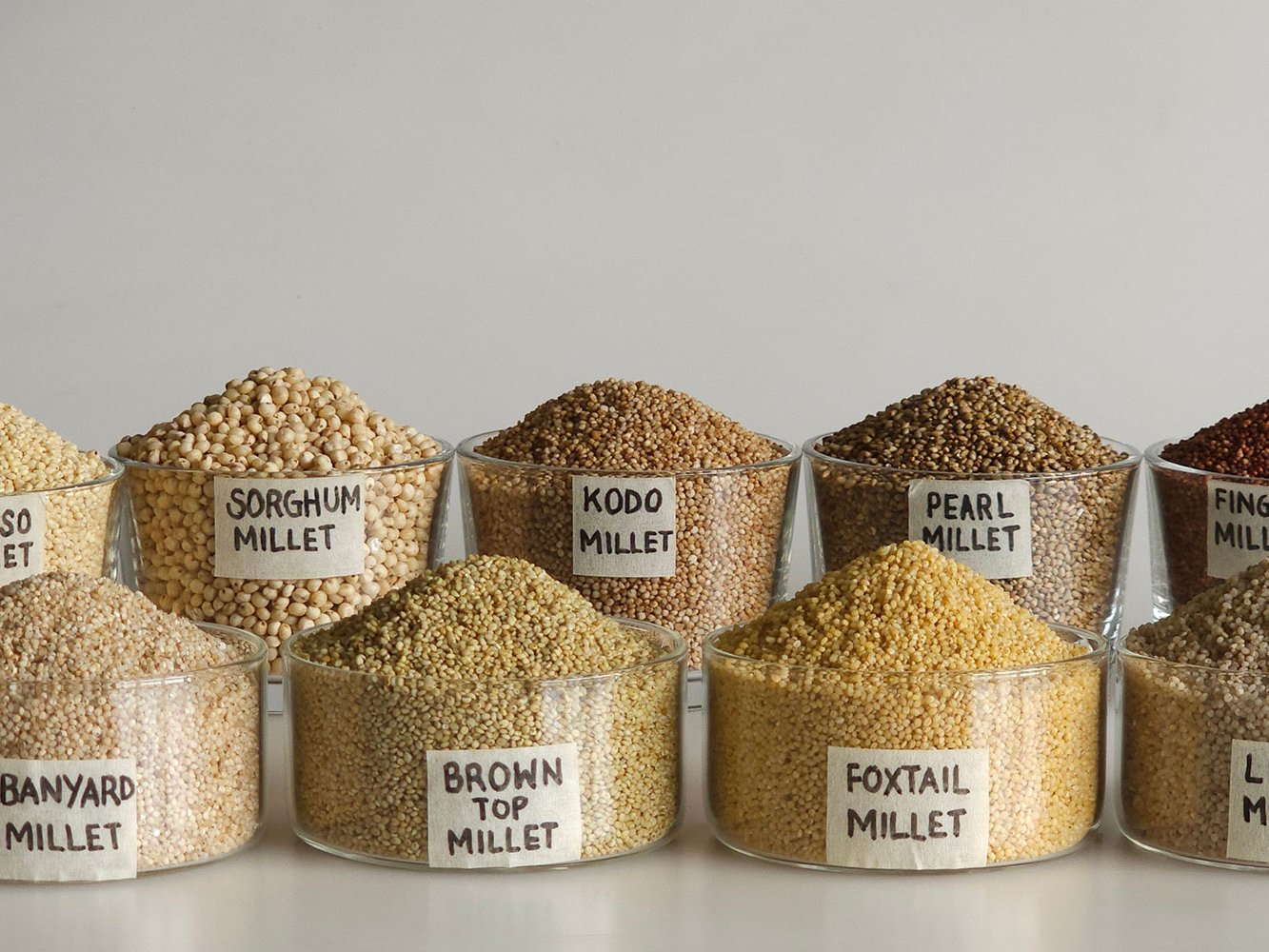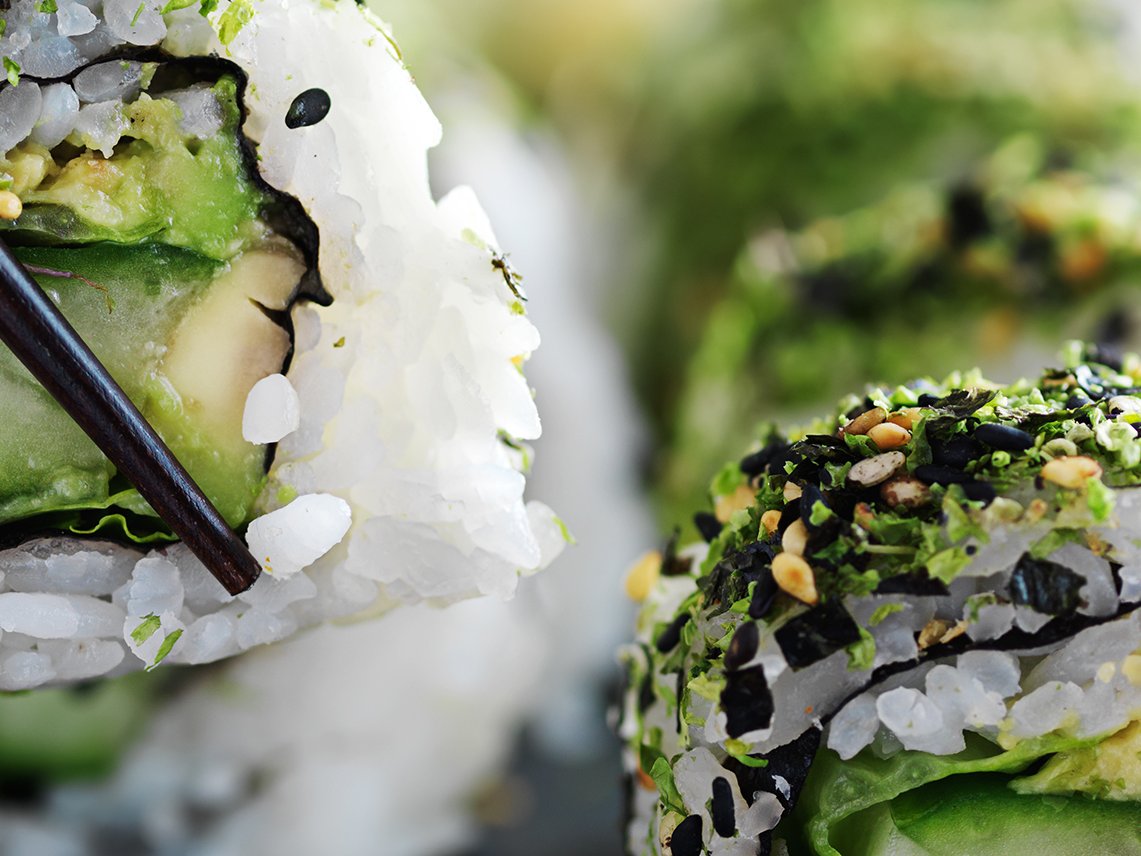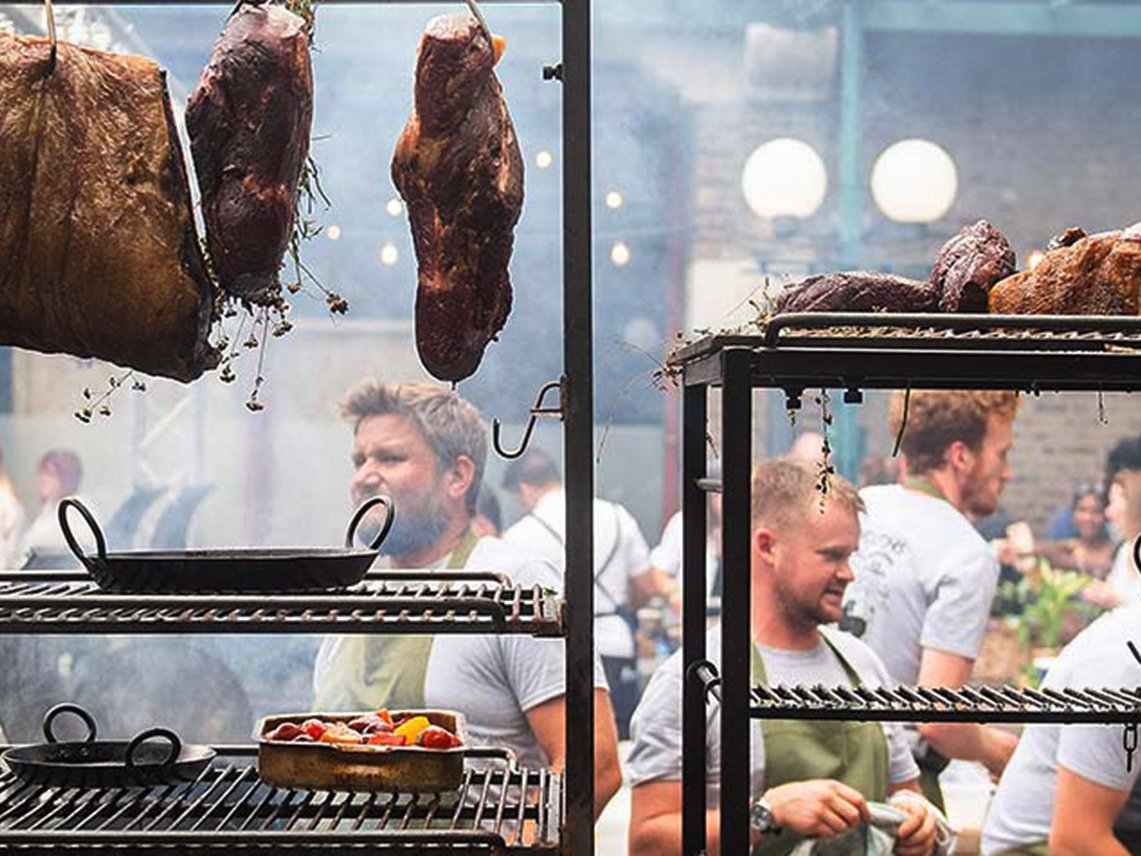Flexitarian, Vegetarian, Vegan: What’s the difference?
Flexitarian consumers value the taste and health credentials of plant-based products.
As charities, organisations and campaigns shine a spotlight on reducing animal consumption and environmental impact, global consumers consider embarking on a flexitarian diet to balance choice and ethical considerations.
A vegan lifestyle is one that is free from food and other products derived from animals. Vegetarianism is adopted by a person who avoids eating meat, fish and other food items too.
Meanwhile, a flexitarian is a person who, as the name suggests, is flexible with their diet. Flexitarians may predominantly eat a vegetarian-based diet but occasionally opt for meat, fish or animal-based products. And increasingly, flexitarian consumers are examining their food and beverage choices to embrace more vegetarian and vegan options.
Health, sustainability and ethics are core considerations
As part of its Smart Protein project, food awareness organisation ProVeg International – whose mission is to reduce global consumption of animals by 50% by 2040 – conducted an online consumer survey with Innova Market Insight in June 2021. With more than 7,500 respondents across 10 European countries, they found that 30% of respondents followed a flexitarian diet while plant-based eaters represented 7% of participants. The Netherlands has the highest share of flexitarians with 42%, while Germany has the most plant-based eaters, with 10% of Germans following a vegetarian or vegan diet.
“We are witnessing a fundamental shift in consumer behaviour towards healthier, more sustainable, ethical food products,” says Mathilde Alexandre, Senior Project Manager, ProVeg International, adding “Flexitarians are driving the plant-based food sector with deliberate meat and dairy reduction.”
Whilst flexitarians consume animal products; they are also looking to diversify their diets with healthier, more sustainable, ethical food products. According to market research company NPD Group, 90% of consumers of plant-based foods are neither vegetarian nor vegan.
The Smart Protein Plant-based Food Report, in which ProVeg analysed Nielsen retail scanner data, suggests that the Covid-19 pandemic has accelerated the growth of plant-based food consumption as an increasing number of consumers are concerned with their health. As such, they choose plant-based products instead of their conventional counterparts. The report shows that European sales of plant-based food rose to $3.7 billion (€3.6 bn) in the period October 2019 and September 2020 from $2.9 billion (€2.8 bn) in the same period a year earlier.
Leading plant-based trends
ProVeg International’s Smart Protein pan-EU Survey shows that plant-based milk is by far the most consumed plant-based product by flexitarians, with 36% of flexitarians stating they drink it at least one to three times a week. Plant-based yoghurt and plant-based beef products are also popular. “Of course, this is consistent with the fact that these products are currently the most available in supermarkets,” comments Alexandre.
In the plant-based meat category, plant-based poultry is the food category most missed by flexitarians, followed by plant-based beef and pork, Alexandre reveals. The organisation’s survey also shows that flexitarians would like to see more plant-based fish alternatives, salmon and tuna primarily, but also white fish. Flexitarians want many more products in the plant-based cheese category, too, alternatives to mozzarella and sliced cheese, for example.
Embracing a plant-based diet
“For flexitarians, it is all about taste and health,” says Alexandre. The survey findings reflected this, with approximately 2,000 flexitarians confirming the importance of the plant-based food products they choose both tasting good and being good for you. “If a product does not taste good, consumers won’t buy it a second time,” Alexandre continues. Freshness, absence of additives, and price were also included in the top five purchase drivers.
Commenting on the rising interest in clean labelling, Alexandre states: “The health and additives aspects clearly address the topic of clean labels, which is of increasing concern to consumers, especially regarding plant-based meats, which often have a fairly long ingredient list.”
